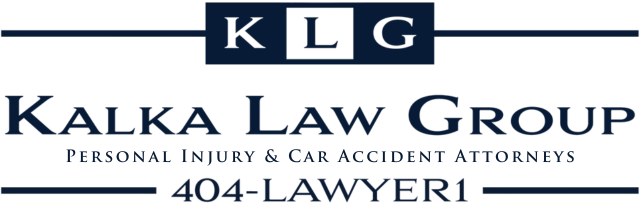When you’ve been injured in a car accident in Georgia, determining whether a settlement offer is fair can be challenging. While a check from the insurance company may seem tempting—especially if you need funds quickly—settlement values vary greatly depending on the specific facts of your case. Accepting too soon can leave you undercompensated for your injuries and losses.
Defining What Is a Fair Settlement Offer
A fair settlement offer is one that fully compensates you for both economic and non-economic damages caused by the accident. This includes:
- Economic damages: Current and future medical expenses, lost income, and property damage.
- Non-economic damages: Pain and suffering, emotional distress, and reduced quality of life.
The value of these damages depends heavily on the venue (the Georgia county where your case would be tried), the severity of your injuries, and the strength of your evidence.
Why Settlement Offers Are Often Low at First
Insurance companies rarely lead with their best number. Initial offers are typically conservative for several reasons:
- Limited adjuster authority: Early-stage adjusters can only approve smaller amounts, even if your case is worth much more.
- Incomplete evidence: If your medical treatment is ongoing or key documentation is missing, insurers will not value the case fully.
- Negotiation strategy: Insurers expect counteroffers and start low to protect their position.
- Venue risk: If your case is in a county known for higher jury awards, the insurer may increase its offer only after a lawsuit is filed.
How to Evaluate: What Is a Reasonable Settlement Offer?
When reviewing a settlement offer, consider:
- Whether it covers all current and anticipated future medical expenses.
- The impact of your injuries on your ability to work and earn income.
- Non-economic damages, such as pain and suffering.
- The likelihood of recovering more at trial versus the certainty of the current offer.
Why You Should Be Cautious About Quick Settlement Checks
Some insurers send out small checks soon after an accident—often before your medical treatment is complete or before you have spoken to a lawyer. These checks may seem helpful in the short term, but cashing them can act as a legal release of all claims, even if you later discover your injuries are more serious. Once you sign the release or endorse the check, you may lose the right to pursue additional compensation. Always consult an attorney before accepting or depositing a settlement check to ensure your future rights are protected.
Real Example – Settlement Negotiation in Hall County
A poultry industry worker in Hall County was injured in a collision. Shortly after the crash, the insurance company mailed the client a small settlement check without any request being made. Cashing that check would have released all future claims. We advised the client not to deposit the funds, documented the full extent of their injuries, and entered into formal negotiations. This strategy resulted in a recovery significantly higher than the original amount offered.
Why Professional Negotiation Matters for a Good Settlement Offer
Determining whether an offer is fair requires a deep understanding of Georgia personal injury law, jury tendencies in your venue, and insurance company tactics. An experienced Georgia accident attorney can assess the real value of your claim, gather the evidence needed to justify a higher amount, and apply legal pressure that often compels insurers to improve their offers. This professional guidance ensures that your settlement fully addresses both your immediate and long-term needs after an accident.

